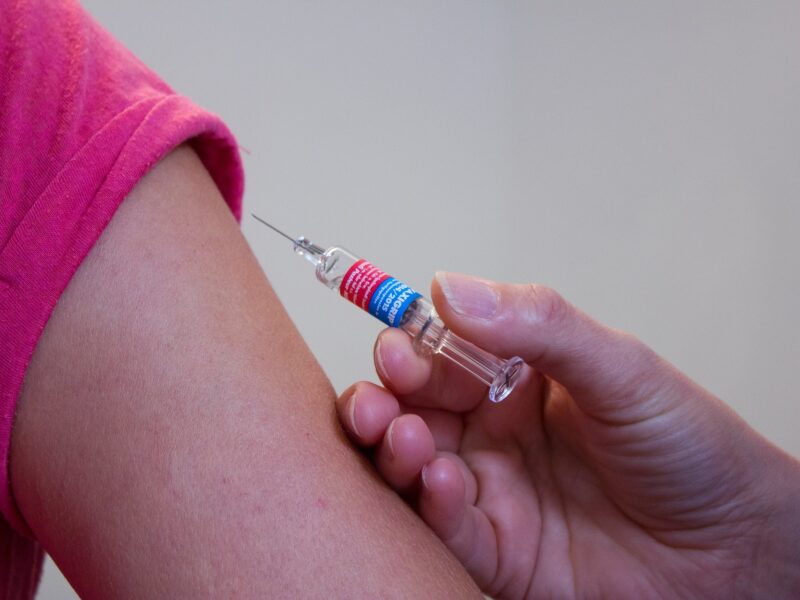As travel resumes globally amidst the outgoing COVID-19 pandemic, vaccination requirements have become a vital aspect for individuals planning trips abroad. Many countries have implemented specific vaccination mandates to protect public health and prevent the spread of infectious diseases. Although vaccinations have long been a standard procedure to safeguard public health, they have now become a fundamental requirement to ensure the safety of travelers and local communities.
The Importance of Vaccinations for International Travel
Vaccinations play a crucial role in preventing the spread of contagious diseases and protecting individuals from potential health risks when traveling to foreign destinations. Vaccines have been successful in eradicating or significantly reducing the prevalence of several infectious diseases worldwide, such as polio, measles, and hepatitis B.
Vaccination requirements for travel vary significantly from country to country and are often determined by factors such as destination, traveler’s nationality, and prevalent health risks.
Some Common Vaccine Types Recommended for International Travel
Several vaccines are widely accepted and recommended for international travel, depending on the destination and the prevalent health risks. Common vaccines include:
- Routine Vaccines: These vaccines, such as measles-mumps-rubella (MMR), diphtheria-tetanus-pertussis (DTP), and varicella, are part of standard immunization schedules in most countries. Ensuring that routine vaccinations are up to date is essential before traveling.
- Endemic and Region-Specific Vaccines: Certain regions may have endemic diseases that necessitate specific vaccines. Examples include yellow fever, typhoid fever, Japanese encephalitis, meningococcal meningitis, and rabies. Depending on the destination, proof of vaccination for these diseases may be required or strongly recommended.
- COVID-19 Vaccines: As the COVID-19 pandemic continues, vaccination against the virus has become a significant requirement for international travel. Approved vaccines, such as Pfizer-BioNTech, Moderna, AstraZeneca, and Johnson & Johnson, provide protection against severe illness, hospitalization, and death caused by COVID-19. Travelers should ensure they receive the recommended doses and carry valid proof of vaccination, such as vaccination certificates or digital health passes.
Steps to follow while navigating vaccination requirements for international travel
- Research and Planning: Before traveling, thoroughly research the vaccination requirements of the destination country. Check official government websites, consular services, or consult with a healthcare professional for accurate and up-to-date information.
- Consult a Healthcare Professional: Seek advice from a healthcare professional, preferably a travel medicine specialist or a doctor with experience in travel vaccinations. They can provide personalized guidance based on your destination, medical history, and individual health considerations.
- Schedule Vaccinations in Advance: Some vaccines require multiple doses administered over a period of weeks or months. Plan your vaccinations well in advance to allow for the necessary intervals between doses and ensure full immunization coverage before your departure.
- Verification and Documentation: Verification of vaccination status is a crucial step in complying with travel requirements. It is essential to maintain accurate records of vaccinations received, including vaccine type, dates, and lot numbers. This documentation can be obtained from healthcare providers, national immunization records, or digital platforms such as vaccination passports or certificates. Ensure that the documentation meets the specific requirements of the destination country, as failure to provide adequate proof may result in entry denial or quarantine.
- Stay Up-to-Date with Vaccinations: Regardless of travel plans, maintaining up-to-date vaccinations is vital for personal health and community well-being. Traveling can expose individuals to diseases not prevalent in their home country, increasing the risk of infection. By staying current with routine immunizations and researching specific destination requirements, travelers can protect themselves and others from preventable illnesses.
Frequently Asked Questions
Q. Are vaccinations mandatory for international travel?
A. Vaccination requirements vary from country to country and depend on the specific disease risks associated with each destination. Almost every country have their unique vaccination requirements. It is essential to check the requirements of your destination before traveling.
Q. Can I receive vaccines if I have pre-existing medical conditions or take medications?
A. In most cases, vaccines can be administered to individuals with pre-existing medical conditions or those taking medications. However, it is crucial to consult with a healthcare professional to assess any potential risks and receive personalized advice.
Q. How can I prove my vaccination status?
A. Depending on the country, acceptable forms of proof may include vaccination certificates, digital health passes, or official medical records. Some countries also accept verified vaccine passports or electronic platforms that securely store vaccination information.




